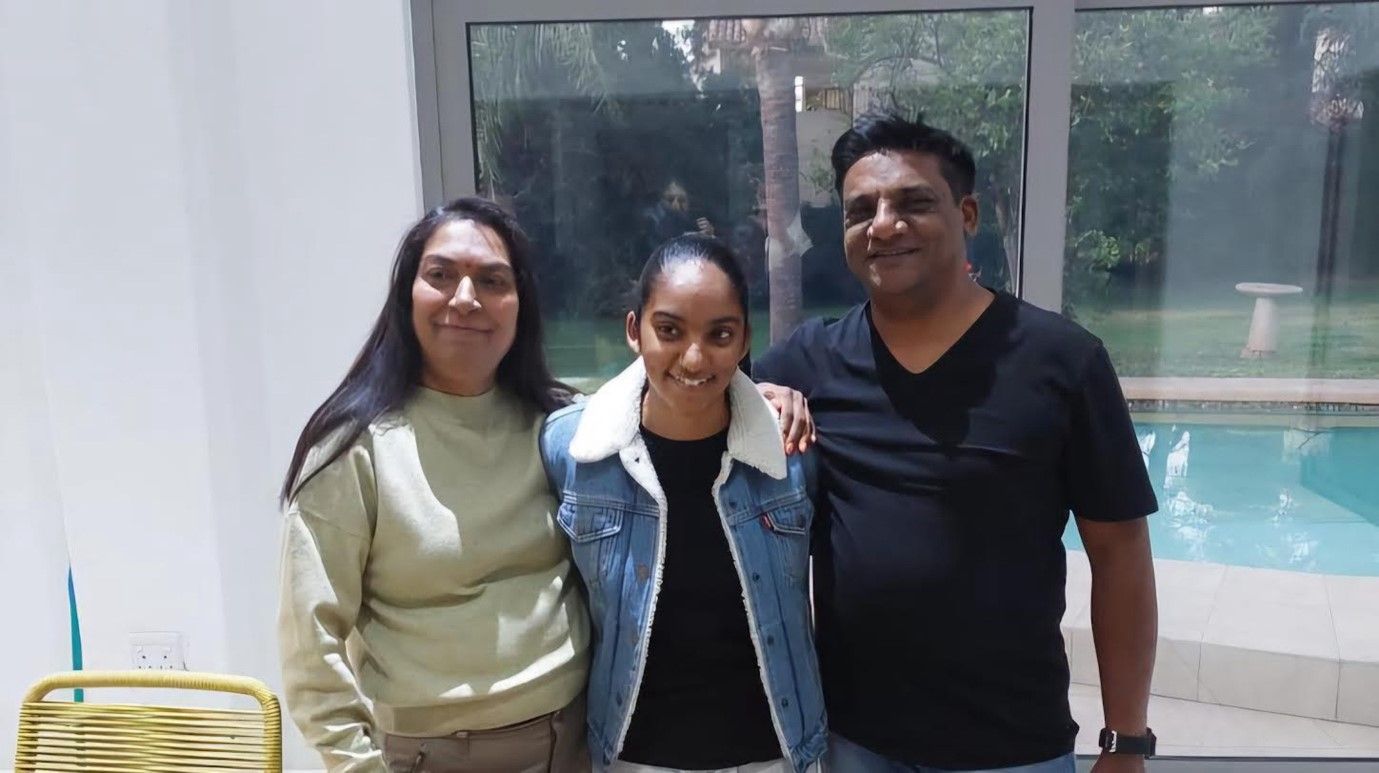Teenager Dating: The Conversation You Should Be Having
Does your teenager want to start dating? Here are some tips to help you during this worrying time.

It has finally happened. Your teenager wants to start dating. Perhaps you have dreaded this moment. You knew it would happen, but you didn’t think it would be so soon. Despite trying to slow down time, you wake up one morning and realise that your baby is not a baby anymore. Suddenly, their bodies are changing, and romantic feelings are starting to develop.
As a parent, it is normal to be worried. You can manage this transition with clear communication, patience and love. Dating can help your teenager make friends and feel more comfortable about their identity.
To help you navigate through these uncertain times, we have put together a few things to consider when your teen wants to start dating.
1. Set rules for teenage dating
Setting boundaries early on will cause you a lot less stress going forward. That is why it is important to lay down the rules. Make sure your teen understands and acknowledges those rules so that there is no confusion. Teen dating rules are essential for allowing them to be safe and still have fun. It is important to let them know that you support them but that it is also your job to protect them. This way, you will gain their trust and they will be more inclined to come to you with their problems.
Rules that should be discussed include curfews, where in the house they may visit, e.g. bedroom or lounge area, or who is allowed to drive if one party is a licenced driver. It is better to have these conversations upfront than in passing or in the heat of the moment.
“Friendship is always a sweet responsibility, never an opportunity.” -Khalil Gibran
2. Be realistic
When talking to your teen about dating and relationships, be respectful. If you communicate with your teen in a way that respects her or his individuality, opinions, and beliefs, then your teen will be more likely to do the same for you. This helps to create a healthy and open line of communication between you and your child. If you try to enforce harsh rules on the other hand, you will probably meet resistance and lies. Be gentle and supporting, but don’t be a pushover. Be sure to let your teen know you support him or her in the dating process. Parents need to be setting rules for teenage dating early in the relationship.
3. Define a healthy relationship
Make sure that you educate your teen about the foundations of a healthy relationship. Explain to them that a healthy relationship is built on respect, trust, honesty, communication and understanding. A healthy relationship should consist of boundaries that are respected by both partners equally. A good partner will accept your boundaries and support your personal choices. There are also many different types of abuse your teen should be made aware of before entering a relationship. Discuss these with them openly and honestly.
“Love is friendship that has caught fire. It is quiet understanding, mutual confidence, sharing and forgiving. It is loyalty through good and bad times. It settles for less than perfection and makes allowances for human weaknesses.” - Ann Landers
4. Keep the conversation open about sex
While most of us would like to avoid this conversation, it is in everyone’s best interest to talk openly about sex. Our children live in a highly evolving technology society and unfortunately are easily exposed to sexual language, images, and behaviours. Would you want your teen to learn about this from you, someone else or on the internet? You may not have to go into too much detail and rather turn it into a discussion rather than a presentation. Be honest, direct and consider your teen's point of view. It is essential that parents educate themselves about the laws that govern underage sex in South Africa. Though the legal age of consent is 16, this may vary should the parties involved both be under the age of 16 and the age gap no greater than 2 years. Awkward as it may be, sex education is a parent's responsibility.
How you support your child during this dating stage can have a big impact on their future relationships and the mature adult they become. The more open and supportive you can be with your teen, the better. Openly discussing sex with your teen does not mean that you condone or approve of sexual relations at a young age, but it will ensure that your teen is not caught off guard which could lead to an uneducated decision. It will also mean that if something does go wrong with the relationship, you want them to know that they can come to you for help and advice.
At Trinityhouse, our support extends beyond your child’s academic abilities. For more on how you can secure a place for your child, please click here to apply now.
To learn more about us, please do so here - About Us
Should you have an enquiry, feel free to direct it to us via this link - Enquire Now














